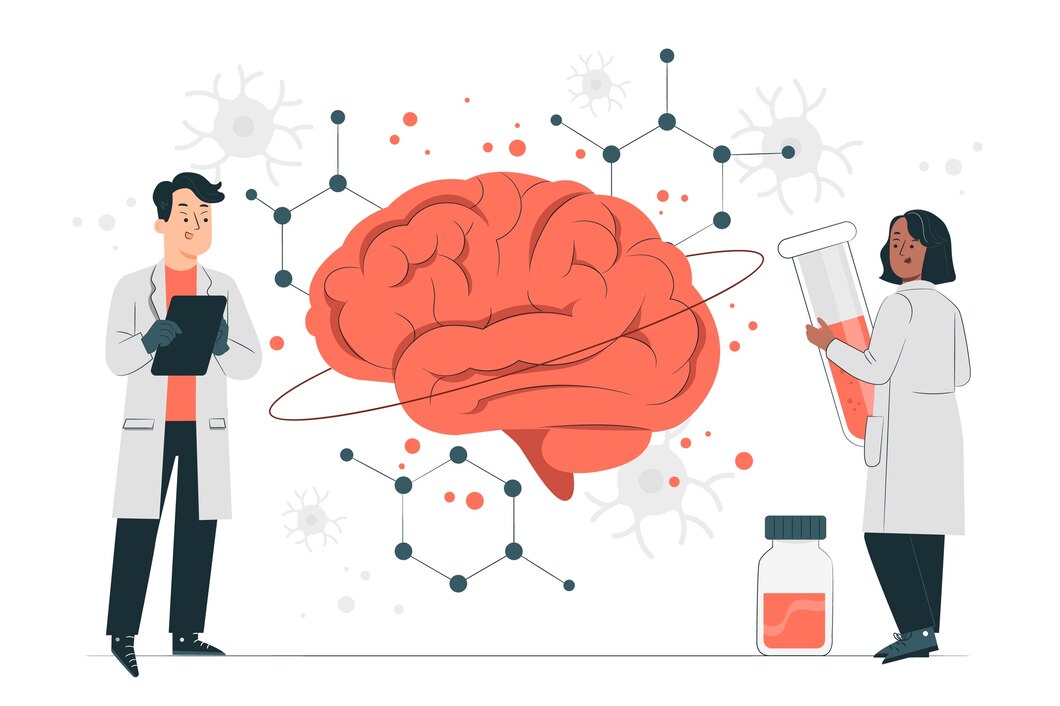WHO describes brain health as the state of brain functioning across cognitive, sensory, social-emotional, behavioural, and motor domains. It allows a person to acknowledge their full potential throughout their life, regardless of the presence or nonappearance of brain diseases and disorders.
TAKING CARE OF THE BRAIN HEALTH
Different factors impact the health of the brain. It may vary from person to person, in terms of age and quality of life. Having good physical health, a healthy environment, safe and secure surroundings, and adequate learning and socializing are some of the factors that can improve or maintain brain health. In addition, accessibility to quality services and resources also affects the way our brains grow, adapt and react to stress and difficulty.
WHAT CAUSES BRAIN DISEASES?
Following are some common causes of brain disease
Toxic chemicals and radiation
Being exposed to harmful/toxic chemicals and radiation for a long time may increase the risk of some brain diseases, such as brain tumors.
Genetics
Certain genes and genetic mutations can cause or increase the risk of several brain diseases including brain tumors, epilepsy, neurodegenerative disorders, neurodevelopmental disorders and mental illnesses. Disease-causing genes may run in families or occur naturally.
Immune system
Autoimmune brain diseases occur when your immune system attacks other cells in your body.
Infections
Bacteria, viruses and other organisms cause infections and lead to brain diseases such as meningitis.
Injuries
Accidents and injuries cause traumatic brain injuries. Such an injury increases your chances of developing brain diseases, such as epilepsy and Alzheimer’s disease.
Unhealthy lifestyle
An unhealthy diet, lack of exercise, smoking and alcohol use are associated to stroke and Alzheimer’s disease.
TYPES OF BRAIN DISEASES
There are several types of brain diseases, ranging from brain injuries to more complex disorders. Brain diseases can affect one’s ability to function and carry out daily activities. The consequences of brain diseases vary depending on the type, area, and severity of the individual’s condition. Common brain diseases include:
Neurodegenerative Brain Diseases
Neurodegenerative disorders are commonly a result of a buildup of abnormal proteins in the brain. These include Parkinson’s disease, Alzheimer’s disease ALS (amyotrophic lateral sclerosis), etc. While these are common in older adults, they progress over time and hinder different brain functions such as thought, memory, movement or all of these things. Such conditions may be genetic.
Neurodevelopmental Disorders
Neurodevelopmental disorders impact the growth and development of your brain and are usually treated by child neurologists. These may be genetic or a result of environmental factors, such as:
Attention deficit hyperactivity disorder (ADHD).
Autism spectrum disorder
Dyslexia


